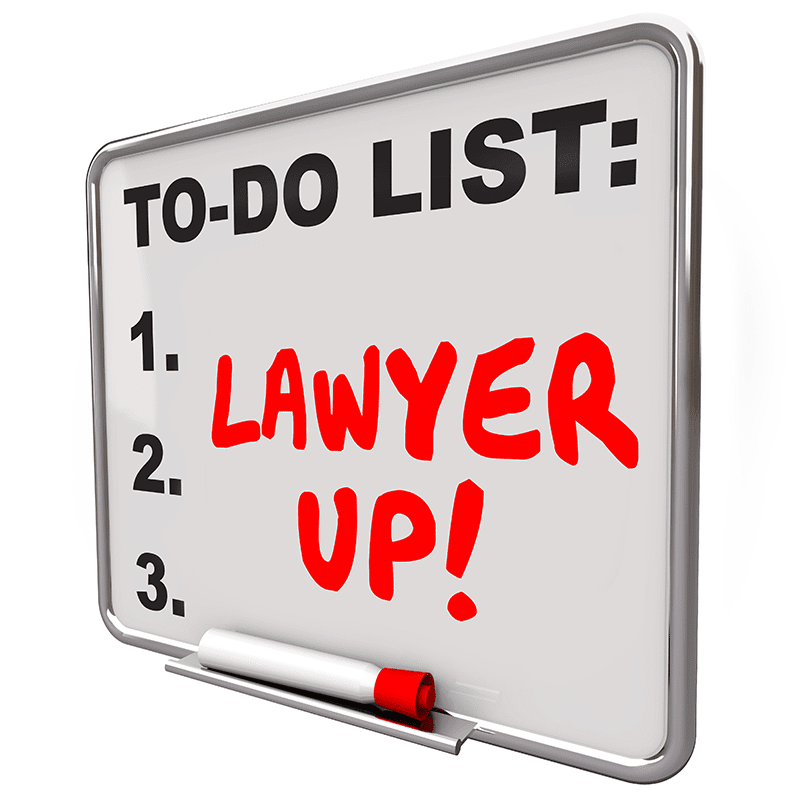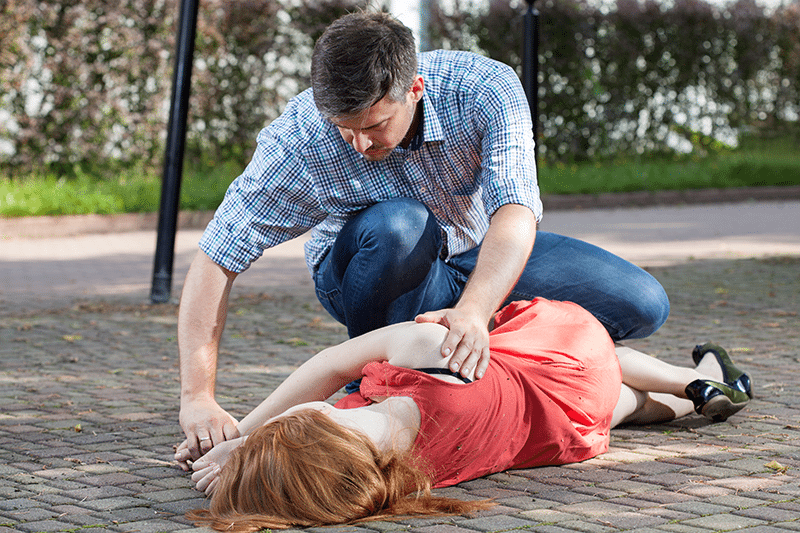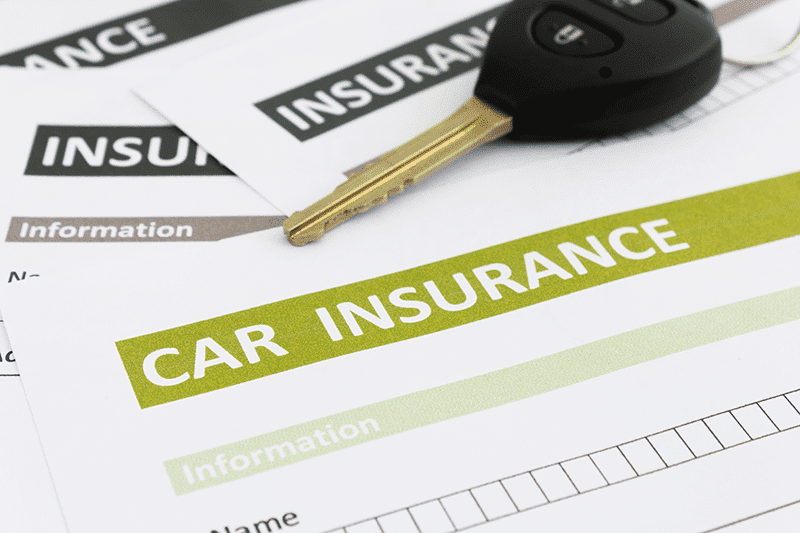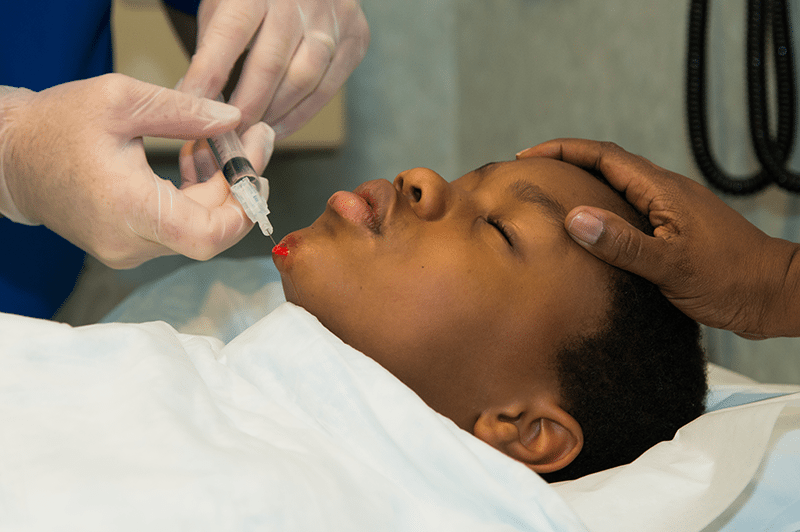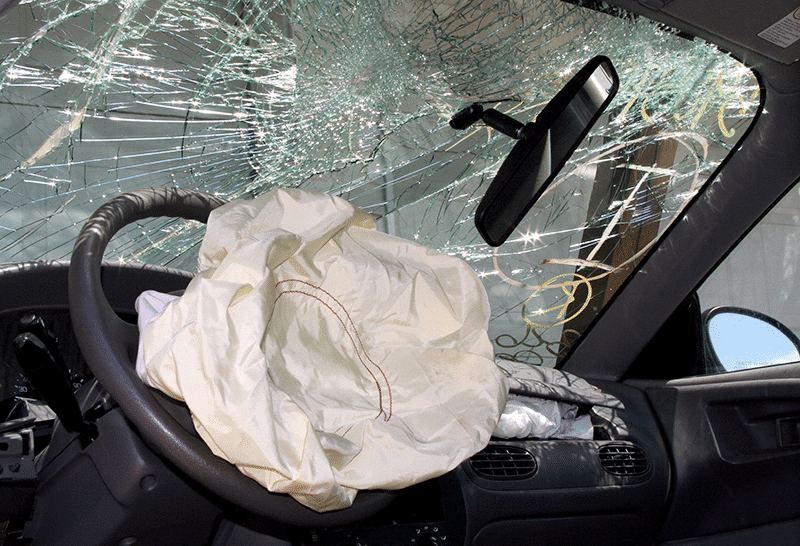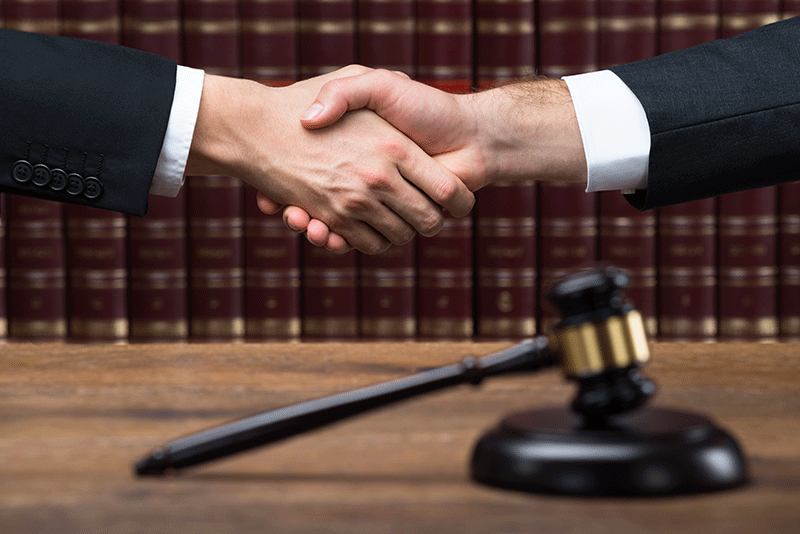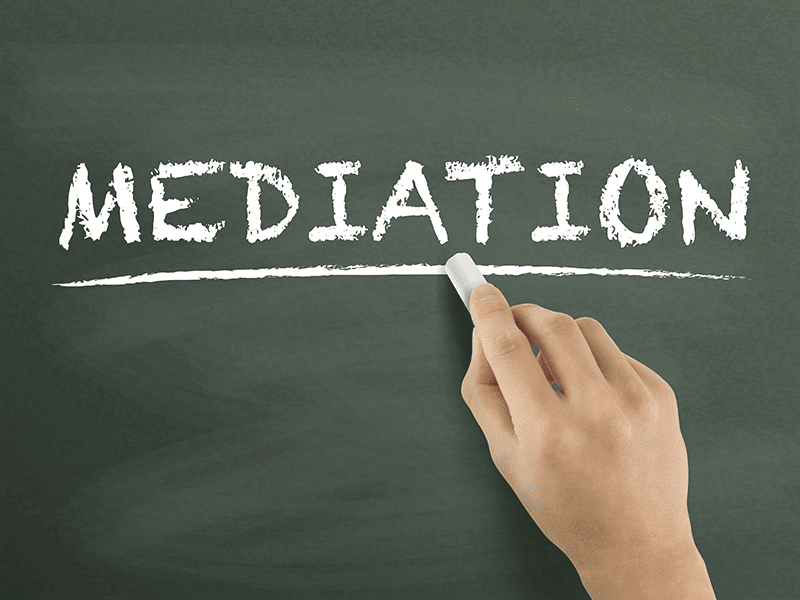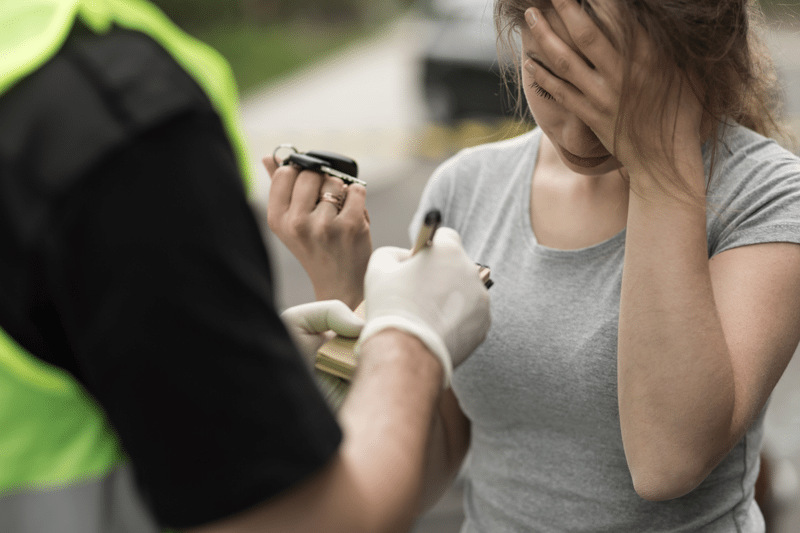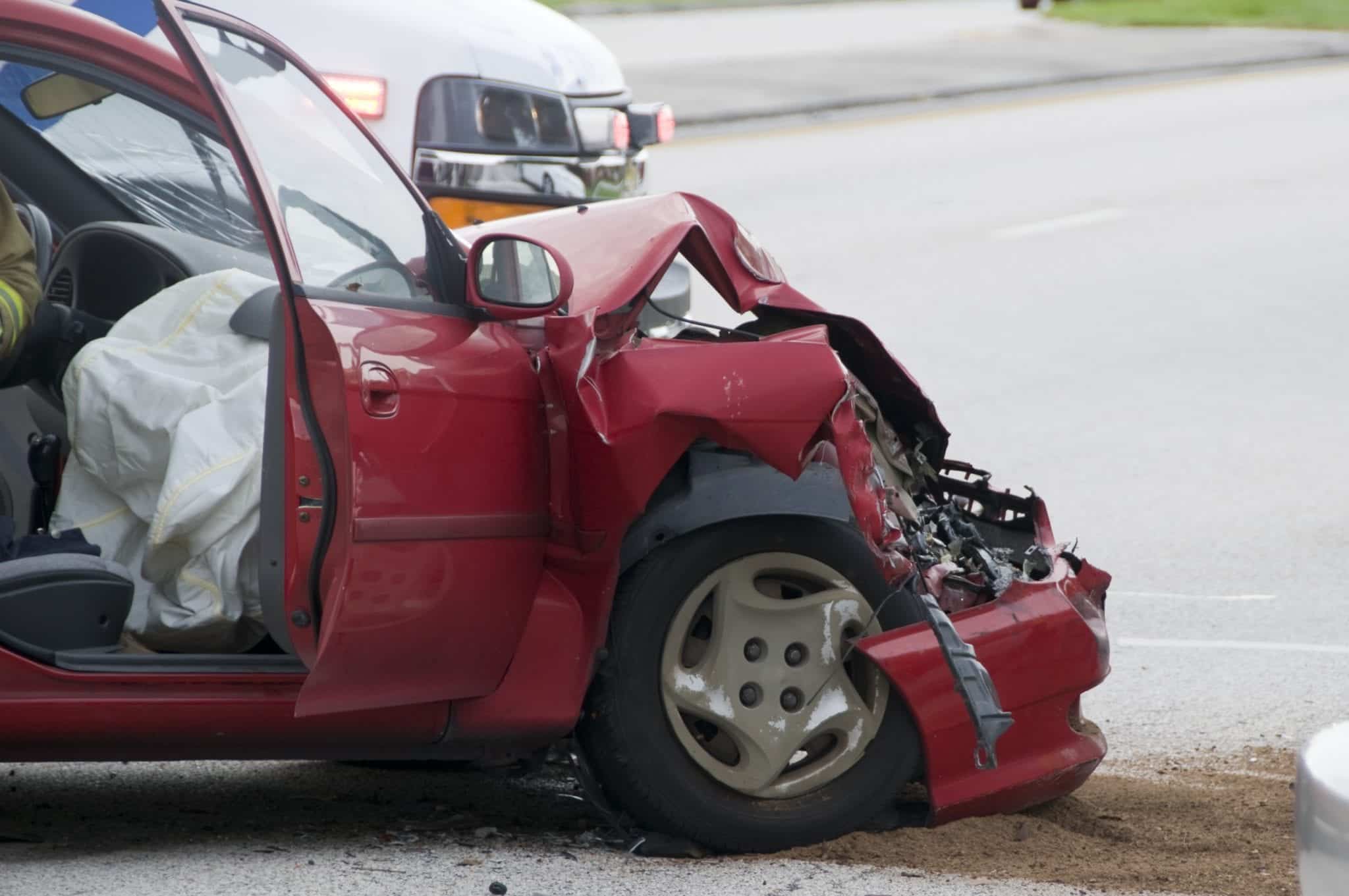If you have been injured due to the negligent or otherwise wrongful conduct of someone else, you deserve compensation for your harm. It is imperative that you are aware of your legal rights and options. If someone else is at fault, you can likely bring a personal injury lawsuit, which is a type of tort claim. Georgia law is intended to “fully and completely compensate the injured party.”
Proving that another party is liable can be difficult in some cases. Even when another party admits liability, the appropriate damages can be a hotly contested issue. Extensive and often complex evidence must be presented in most personal injury cases, and procedural rules must be followed anytime a lawsuit is filed. For all of these reasons, the assistance of an experienced personal injury attorney is crucially important whenever a personal injury victim seeks fair compensation.
The experienced Georgia personal injury attorneys at Williams Elleby Howard & Easter, are dedicated to attaining justice for accident victims and getting them the compensation they deserve. Williams Elleby Howard & Easter is located in Kennesaw, Georgia, and serves clients throughout the state.
After a free consultation, if the firm agrees to represent you, the firm’s attorneys and paralegals can handle all aspects of your Georgia personal injury case, including:
1. Explaining Your Legal Options to You
Every case is different. The Kennesaw, GA personal injury attorneys at Williams Elleby Howard & Easter, take time to give each case the individualized attention it deserves and help each client understand what rights and options they have.
2. Developing You Legal Argument
A personal injury claim must make the proper legal allegations and there must be a legal basis for all damages claimed. Unfortunately, many plaintiffs that deserve compensation file improper pleadings or neglect to make an adequate legal argument for compensation. The personal injury attorneys at Williams Elleby Howard & Easter, can make sure your claim is legally proper.
3. Collecting All Necessary Evidence
Gathering and then presenting all necessary evidence in a personal injury case is often a complicated and exhaustive process. There are also special rules for how evidence is to be admitted in Georgia courts. The Williams Elleby Howard & Easter legal team can figure out what evidence you need to prove your claim and damages, and ensure that it is properly admitted in court on your behalf.
4. Negotiating With Opposing Parties
Most personal injury cases settle before going to trial. Therefore, effective negotiating is often the key to getting fair personal injury compensation. Sophisticated defendants will often try to take advantage of plaintiffs that don’t fully understand the law. The attorneys at Williams Elleby Howard & Easter can effectively negotiate with the opposing party or their insurance company and make sure you aren’t taken advantage of.
5. Maximizing Your Compensation
Personal injury attorney Joel Williams and the other accident injury attorneys at Williams Elleby Howard & Easter have extensive experience handling personal injury cases. They know the levels of compensation that are fair for different types of injuries and can ensure that you don’t settle for less than you deserve.
To Discuss Your Case, Contact Williams Elleby Howard & Easter, Today
If you would like to discuss your case, call Williams Elleby Howard & Easter to schedule a free consultation today at 833-LEGALGA.
